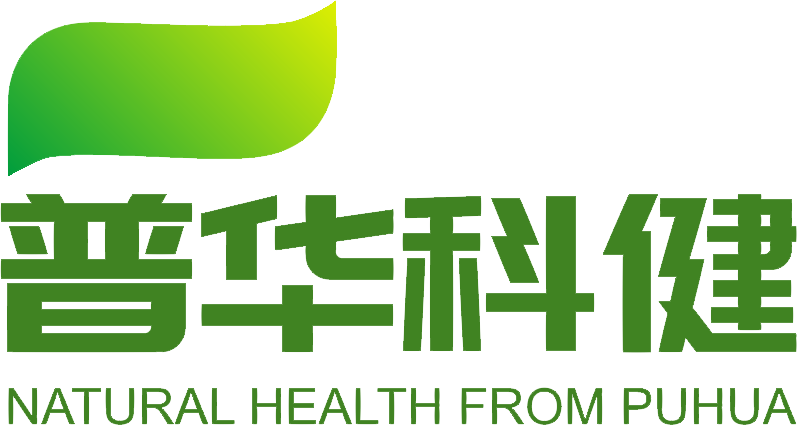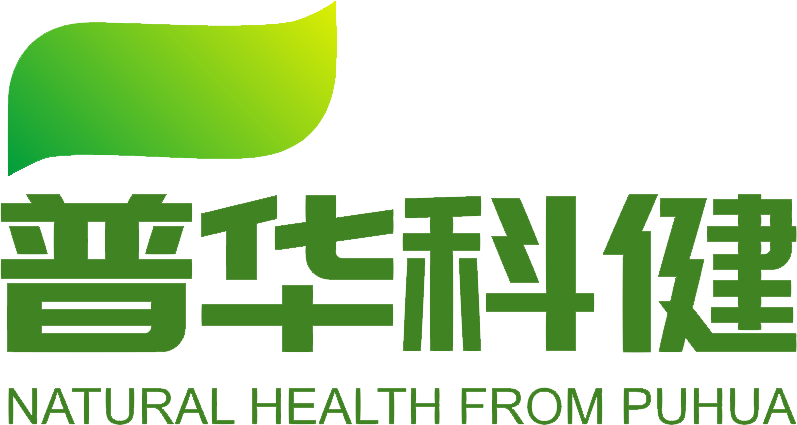
普华甜菊糖
PUHUA STEVIA
PUHUA STEVIA
release time:2020-06-08 2870People browsing
Developing new sweeteners from natural sources to replace synthetic chemical sweeteners has become a new trend in the international industry. The international market for natural sweeteners, represented by stevia, grew by 21.3% annually, much higher than the sales growth rate of chemical synthetic sweeteners.
Stevia has a strong dominance
Stevia has become one of the best natural sweeteners, containing no calories and is very safe for the human body, and being 200 to 300 times as sweet as sucrose. The international sales market have reached more than $ one billion, and its sales momentum has even overwhelmed traditional chemical synthetic sweeteners such as saccharin sodium.
Before this, the European medical community has reported a long-term consumption of artificial sweeteners such as aspartame will increase the risk of Alzheimer's disease and induce negative reports such as cardiovascular disease, so European and American consumers now on aspartame, Ann honey, cyclamate and saccharin sodium artificial sweeteners began to alienate, they are more willing to eat food containing natural sweeteners.International beverage and food giants, including big companies such as Coca-Cola and Pepsi, are now heavily using natural sweeteners such as stevia as their product sweeteners to reduce the amount of aspartame or saccharin sodium used.
Multiple search for sweeteners
After stevia is recognized by the world and featured in the international market, western manufacturers have launched a new all-natural sweetener, —— (Thaumatin), a new sweetener from the mysterious fruit in the tropical jungle of West Africa.At present, the product has been listed in the United States, Japan, Europe, Israel and other developed countries.More than a decade ago, Thaumatin was recognized as a "human-safe product" (GRAS-grade food) because its main ingredient is protein.According to the manufacturer, Thaumatin is 2000 to 3000 times sweeter than sucrose, with only a very small amount. The only disadvantage is that the source is not extensive and it is difficult to expand production.
In recent years, scientists in the United States have successfully used recombinant DNA to form heterozygous Thaumatin-producing genes and cellular DNA from high-yielding plants such as tobacco, and then carry the transgenic plant in the field to extract the same sweet taste as kiwi fruit sweet protein.Japanese scientists have used A. niger to transform it into engineered bacteria and then grown in a fermenter to extract the same sweetener as kiwi sweet protein.In short, the technical problem of large-scale production of new plant sweeteners has been overcome, and class Thaumatin sweet taste protein is expected to become the backbone product of the international sweetener market in the future.Recently, China's Hubei Yuancheng Science and Technology Development Company has also used bioengineering technology to produce kiwi fruit sweet protein products, and a small number of products have been exported.
Monatin, a new high-sweetness natural sweetener similar to kiwi fruit protein, is Monatin, an amino acid extracted from the bark of a tropical plant from Africa.Although it has not yet been developed as a commodity to market, it has done medicinal and toxicology research in the United States and many European countries and has proven to be non-toxic and harmless food raw material, suitable as a sweetener to replace white sugar.
In addition to new sources of natural sweeteners, some western manufacturers are trying to develop compound natural sweeteners and make some progress. For example, a Chicago company recently launched a new compound sweetener product Steviacane, according to the introduction, the new sweetener product consists of sugar and a small amount of stevia mixed, its sweet taste is similar to sugar, but the total heat can be 75% lower than the same amount of sugar. New natural sweeteners derived from common crops are also possible. Quaker, a food additive company called Quaker, has produced a new sweetener product after the hydrolysis of widely grown oats in North America. If approved, a new variety will be added to the natural sweetener team.
High-end consumption is concentrated in the European and American markets
According to BCCResearch, in 2010, the global international sales of non-sugar sweetener products totaled $9.2 billion, the market is expected to reach $9.4 billion this year (considering the economic downturn and declining consumption capacity in most European countries); in 2014, the world non-sugar sweetener market will exceed $10 billion.
BCCResearch disclosed in its global sweetener market report that aspartame accounts for 44%, 3 * * sucrose 17%, stevia 14%, honey 10%, cyclamate 9%, and other sweeteners only 6% of the international sweetener market.It is clear that stevia has risen to become the third best-selling sweetener product in the international sweetener market after three * * sucrose.By country market, the US is the largest non-sucrose sweetener market, with approximately 58% of total global sweetener market, Europe second at 22%, Asia Pacific third at 19%, and the rest of the world with the remaining 1%.
The rapid development of the world natural sweetener market has brought the most obvious benefit to China is that due to the huge demand for stevia in European and American markets, it has promoted the upsurge of large-scale area of stevia planting by Chinese farmers.At present, the planting area of stevia in China remains at about 250,000 mu per year, the annual harvest of stevia has reached about 100,000 tons, and the total production capacity of stevia has exceeded 6,000 tons. However, because the domestic market of stevia has not yet opened, 80%~90% of stevia can only be exported to overseas markets.It is certain that the stevia processing industry has become a new industrial chain in China.According to incomplete statistics, there are hundreds of domestic companies trading in stevia.China exports stevia that accounts for about 6 / 5 of the international stevia market.
According to BCCResearch, saccharin sodium, sai honey and cyclamate still account for the majority of the sweetener market in Asian, African and Latin American countries, including China, while in developed countries, high sweet sweeteners such as aspartame and 3 * * sucrose account for the majority of the sweetener market. Clearly, the use of relatively expensive natural sweeteners is rising in developed countries. In developed countries in Europe and the United States, new and old natural sweeteners such as stevia, licorice sugar sugar and arhat fructin have accounted for 10 percent of the total sweeteners, while developing countries rarely use natural sweeteners.
Today, when consumers in all countries pay more and more attention to product safety and "green food", the development of new plant sources of natural sweeteners will become a general trend, and its market growth space is very huge.
